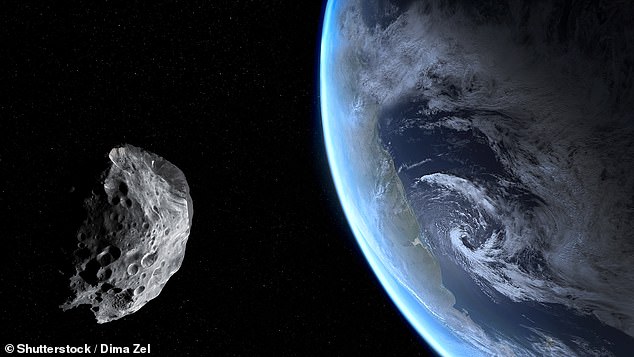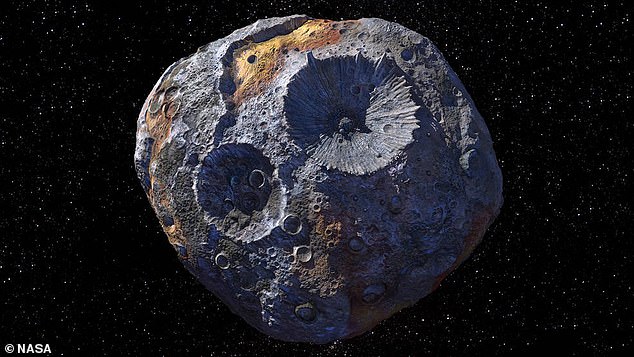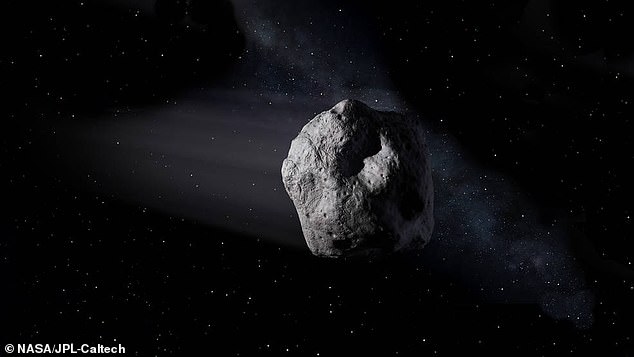NASA: Asteroid the size of a CAR flew less than 1,830 miles past Earth this weekend
Earth’s closest ever recorded fly-by: Asteroid the size of a CAR flew within 1,830 miles of our planet this weekend and NASA didn’t see it until AFTER it had happened Researchers have dubbed the 6–18 feet in diameter space rock ‘2020 QG’ It was spotted by the Palomar Observatory in California late on Saturday evening … Read more








